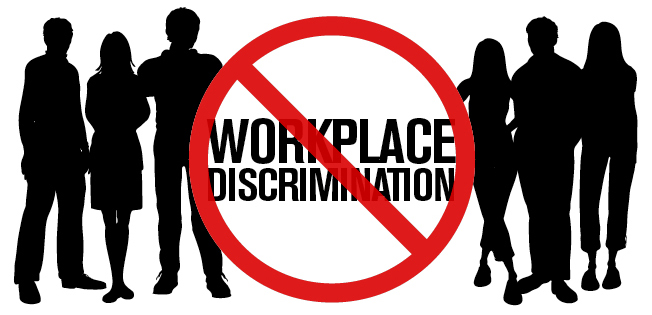When a prospective client calls in with a potential employment discrimination question, one of the questions I always ask is, “What city or town do you work in?” The reason I ask this question is because many larger cities in the states where we practice, such as Omaha, Lincoln and Des Moines, have separate municipal fair-employment acts that cover more employees than are covered under state or federal law.
State and federal fair-employment statutes generally need at least 15 or 20 employees for an employer to be covered by those laws. However, in Des Moines and Lincoln, an employer only needs to have four employees to be covered under those cities’ human-rights ordinances. In Omaha, an employer only needs six employees to be covered by their fair-employment ordinance.
Also, the City of Omaha explicitly covers sexual orientation under the fair-employment ordinance. Sexual-orientation discrimination is not explicitly prohibited by Nebraska or federal law. It is my belief that sexual-orientation discrimination is a form of sex discrimination that is already covered under Title VII and the Nebraska Fair Employment Practices Act. However, my opinions as to what I think the law is and what the law is are two different matters. If you are an Omaha resident who feels you were discriminated against because of your sexual orientation, you would be much more certain to have your claim of discrimination heard on the merits by pursuing a claim under the Omaha Human Rights Ordinance. While I would be willing to filing a sexual-orientation discrimination case under Nebraska law, any potential clients need to know that such a case would be a test case, and as such, this case would be under tremendous scrutiny from judges.
The drawback to filing discrimination cases under the Lincoln and Omaha municipal ordinances is that there is less opportunity for monetary award if you are successful in winning your case than you would have under state or federal law. However, some remedy for your discrimination is better than no remedy for your discrimination.


